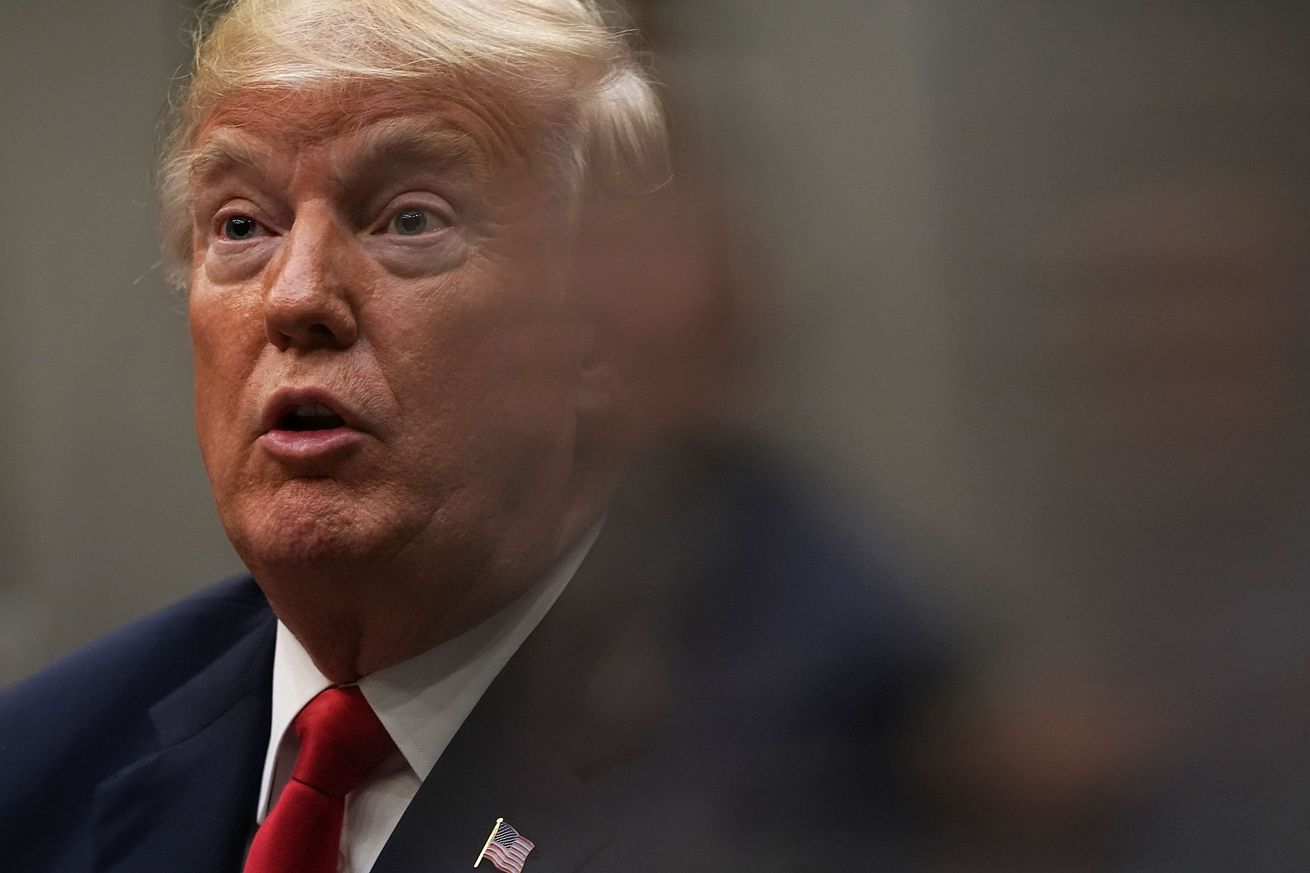Trump’s latest misleading attack on Google, explained

President Donald Trump intensified his criticism of Google today, posting a native video of unknown origin to his Twitter account this afternoon claiming the search giant stopped promoting the State of the Union (SOTU) address on its homepage after he took office. It turns out the video he posted is not only misleading, but also contains what appears to be a fake screenshot of the Google homepage on the day in question.
In a statement given to The Verge, a Google spokesperson clarifies that the company promoted neither former President Barack Obama nor Trump’s inaugural SOTU addresses in 2009 and 2017, respectively. That’s because they were not technically State of the Union addresses, but “addresses to a joint session” of Congress, a tradition set back in 1993 so that new presidents didn’t have to immediately deliver SOTU addresses after holding office for just a few weeks. Google resumed promoting Obama’s SOTU address in 2010 and continued to do so through 2016, as he held office for all six of those years.
#StopTheBias pic.twitter.com/xqz599iQZw
— Donald J. Trump (@realDonaldTrump) August 29, 2018
With regards to the 2018 SOTU, Google says it did in fact promote it on its homepage. “On January 30th 2018, we highlighted the livestream of President Trump’s State of the Union on the google.com homepage,” reads Google’s statement. “We have historically not promoted the first address to Congress by a new President, which is not a State of the Union address. As a result, we didn’t include a promotion on google.com for this address in either 2009 or 2017.”
Trump’s posting of the video to his official Twitter account is just the latest attack in a series of heightened criticism against tech companies this week, with Trump singling out Google after watching a Fox News segment about a report that claimed 96 percent of search results were for from “national left-wing media.” (The author of the report has since distanced herself from the claims, calling them “not scientific” and “based on only a small sample size” of 100 results.)
Trump parroted the report’s findings in a tweet early yesterday morning, saying Google search results are “rigged” and claiming the US government would “address” the situation. Since then, Trump has expanded his criticism of Silicon Valley and its perceived liberal bias to Facebook and Twitter, which he said later that day “are on troubled territory” and “better be careful.” However, it’s unlikely Congress can or will do anything at all about this, as Trump loves threatening policy and legal challenges against his adversaries without actually following through.
Comments
Post a Comment